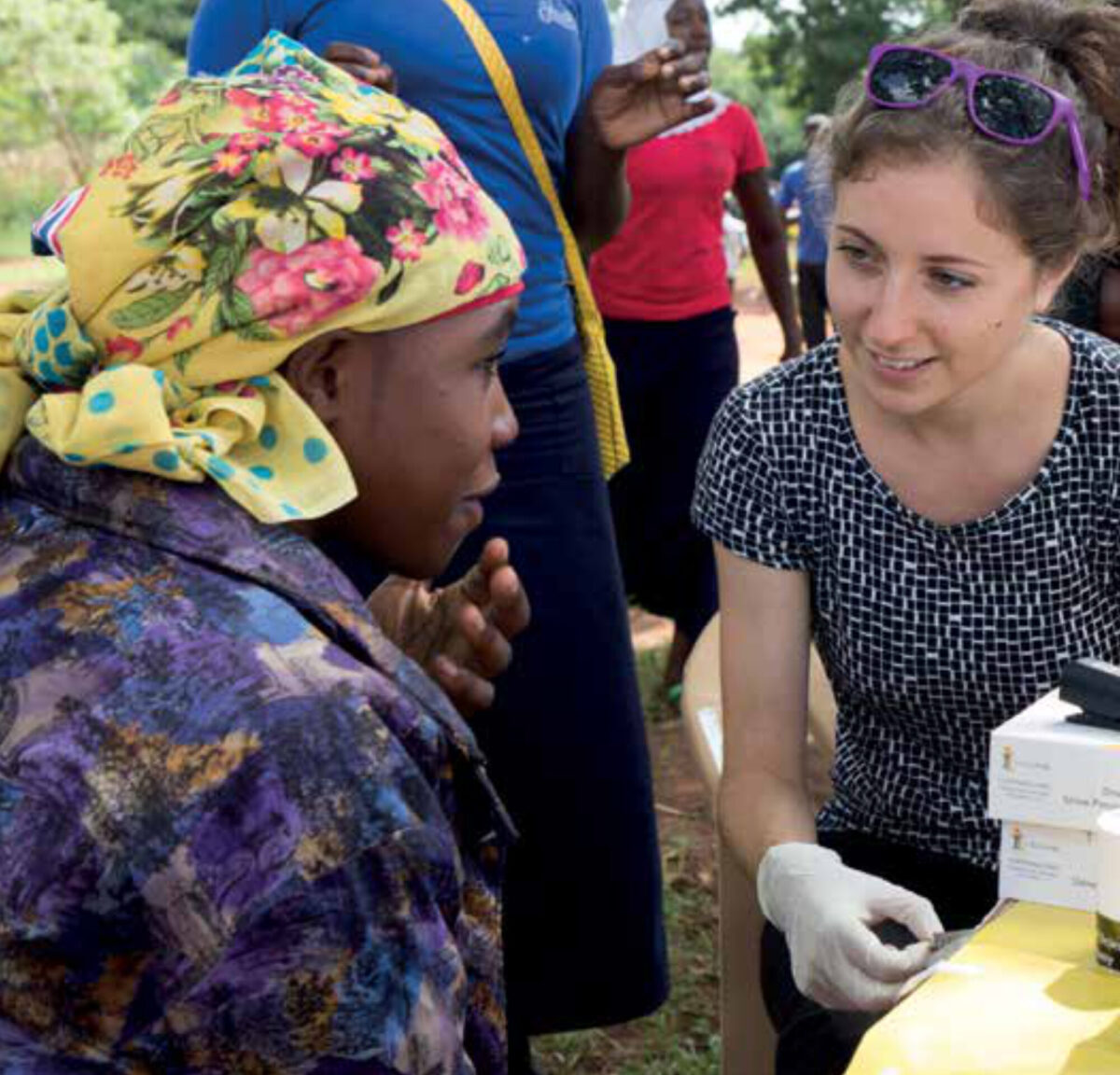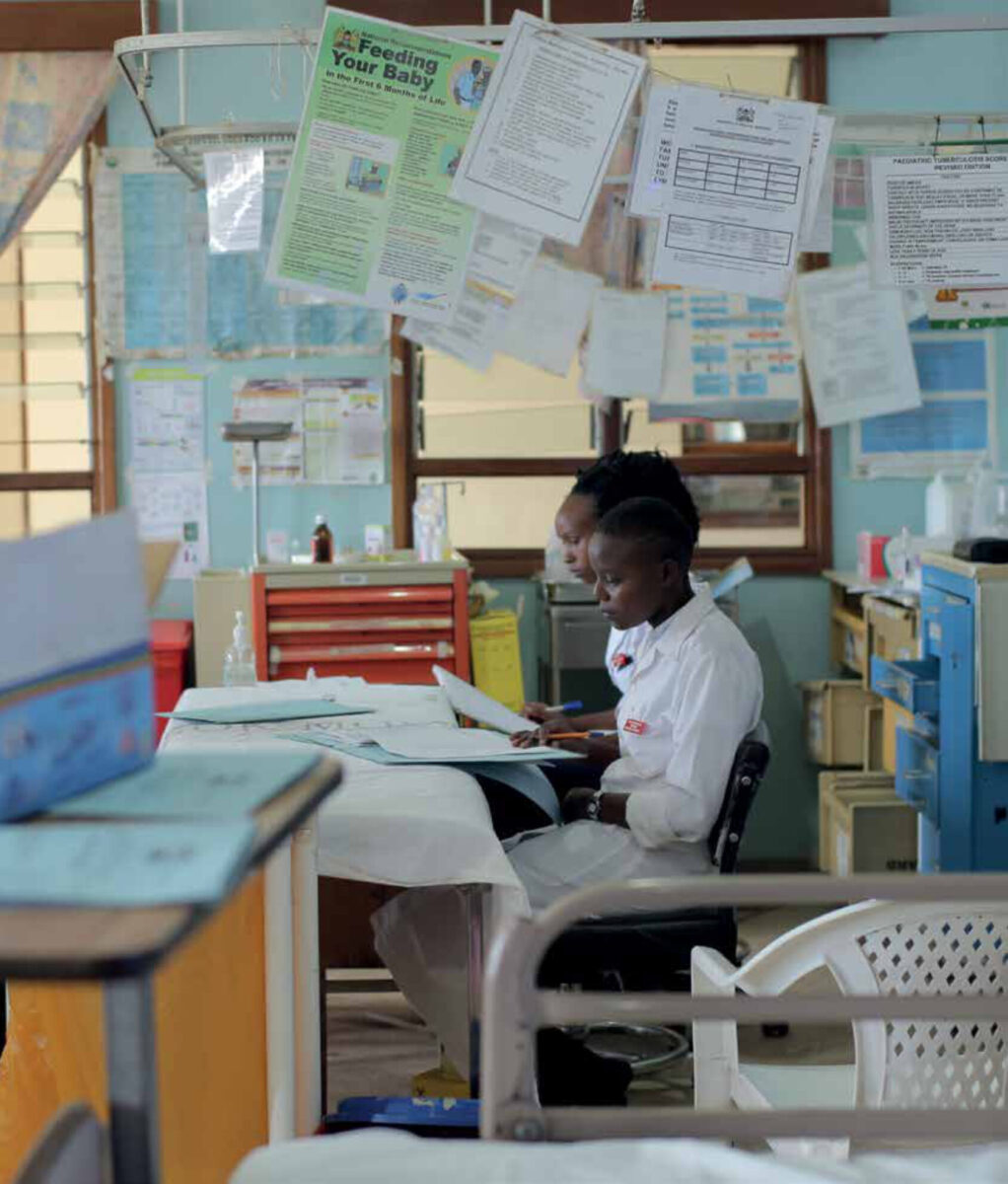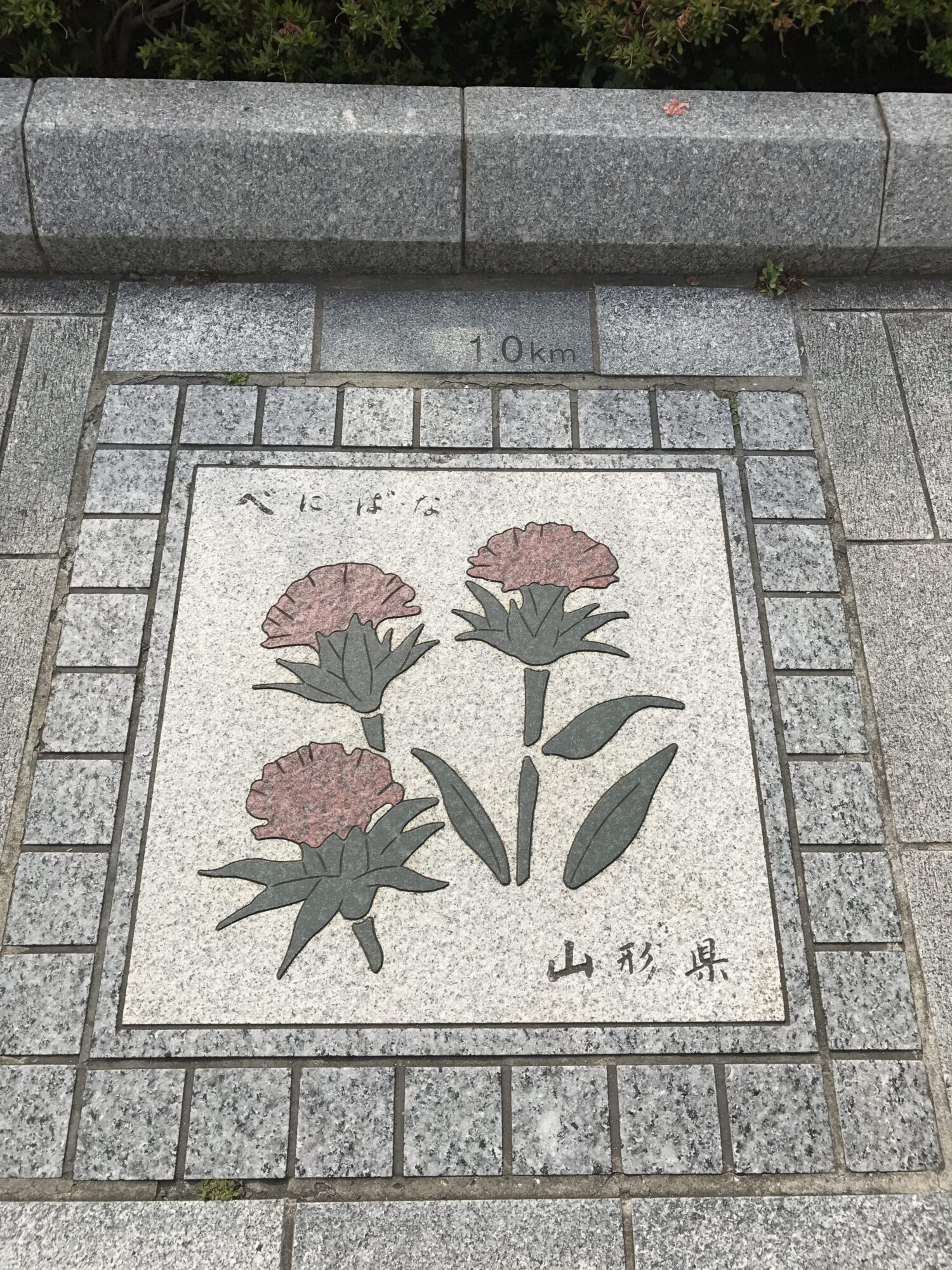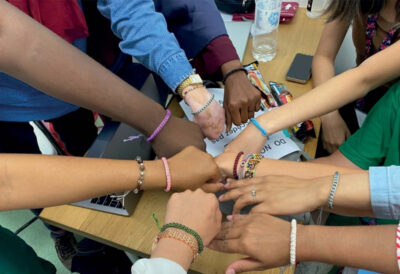Main content
Thirty years of financial support from the OKF resulted in 37 studies, with a number of them still ongoing. Over the years, the study objects diversified. In the early years, a majority related to health challenges in the domain of infectious diseases (tuberculosis, malaria) and sexual and reproductive health and rights (SRHR). In recent years, the scope has widened to include health systems research and studies in the areas of child health, mental health, non-communicable diseases and surgery, among others. The study designs varied from small implementation and pilot studies to larger scale prospective cohort studies, as well as studies testing or validating protocols or diagnostic tools – depending on the academic / professional profile of the researcher, the local context, or specifics of the research questions.
Table 1 gives an overview of the studies support by the Fund. In addition, we asked researchers who received financial support from OKF:
- What the Fund had meant to them personally;
- What the impact or result of their research was at the local level for the target population and or field of global health / tropical medicine;
- Whether in hindsight there was anything they would have done differently (also in light of the current debate on decolonising global health).
In quite a number of studies, the ‘OKF research’ was the actual starting point for or became part of an already ongoing PhD research trajectory. Six researchers obtained a PhD in the years following the grant, and seven researchers are currently engaged in a PhD trajectory. One respondent underlined the pivotal role of the OKF support in the start-up of a PhD research as follows: “The possibility to have some support of the research which enabled me to form a PhD out of it. It meant also feeling worth funding, with little other funding opportunities. Coming from a low income in a low resource setting, this meant the world for me.”
Often curiosity drove the researchers to further investigate or systematise their observations in the health facility where they worked. In some cases, an actual lack of data inspired the research, as was the case for the researcher in the Amazon region: “Tierra incognita, that is the best way to describe the area where we are implementing a study financed by OKF. Putumayo is a desolate region in the Amazon rainforest which is almost completely undescribed in any scientific paper. Malaria, dengue, and a host of other tropical infectious diseases are endemic. But how prevalent exactly, and which species, nobody knows. The only way to find out and to spread the truth is through a decent scientific study.”
Often the research project opened doors to strengthen partnerships and offer opportunities to engage national colleagues in doing research, as is described in the following statement: “I received the grant together with a dear colleague of mine in a LMIC. For her, it was a chance to start a very nice project. For us together, it was a great opportunity to continue our collaboration. For my part, I believe we will get data and information from this research that will have an impact on healthcare in Indonesia.”

The study in Senegal was set up to test an intervention at the facility level that may have nation-wide consequences. “The study aims to identify health facility opportunities to implement the MAMI Care Pathway in Senegal. We use a primary health facility cross-sectional survey to assess current detection and care for nutrition and growth in infants from 0 to 6 months in Senegal. We also use interviews and focus group discussions with stakeholders to assess feasibility of the MAMI Care Pathway in the context of Senegal. We expect that results of this study will inform health workers and policy makers of opportunities for better care for growth infant failure in Senegal and beyond.”
We asked OKF recipients about the impact of their research, be it at the local level for the target population, or for the wider field of global health and tropical medicine. One of the research projects led to a series of further studies on wound care, to a better and cleaner wound clinic, and also provided an excellent introduction to medical research for most of the staff at the facility. In another case, the research helped to get rid of misconceptions regarding specific health practices: “The impact was that more vacuum extractions were done instead of second stage caesarean sections. With a follow up of 6 months, we were able to show that vacuum extraction is safe for mother and baby in the setting where the research was done. This was important because one of the reasons for not doing vacuum extraction was the misconception that vacuum extraction was not safe”.
In another case, the results were shared at the policy level with the Ministry of Health, and may have a wider outreach as well, as it is anticipated that the results of the study support the implementation of the new WHO guideline for malnutrition in the country. In another project, the researcher saw that during the participatory research “collaboration and care in maternity care was enhanced. The number of births with a skilled attendant increased.”
Whether in hindsight they would do things differently – looking at the current debate on decolonising global health for example – one of the respondents indicated that local involvement could have been enhanced, more specifically in involving local health care workers in the development of the articles, even though they were very busy. Another researcher also mentioned missed opportunities to engage colleagues, though the researcher attributes this to limited funding. One of the respondents describes the partnership as a Dutch/Ugandan co-creation: “The research was performed by a team consisting of a few Dutch professionals and more Ugandan professionals. Publications had at least 50% of Ugandan authors, including the last author. The co-supervisor of the PhD was Ugandan.”
Another respondent would be happy to see things evolving into more equal partnerships: “Research in a low-resource setting is sometimes challenging. In hindsight, I would have done many things differently. Our project was part of the launch of the Masanga Medical Research Unit (MMRU). The MMRU aims to allow Sierra Leonean (SL) medical professionals to perform medical research. We worked with many SL lab technicians, wound dressers and nurses, but I wasn’t able to find an SL doctor as research buddy. Luckily, this is slowly changing, as the MMRU now has its first SL PhD-student!”
Relatively small investments can go a long way, considering the output of the OKF over the past decades. Besides strengthening the research skills of young health professionals and, in some instances, also of their colleagues in the field, the opportunities provided by the Fund helped in searching for solutions to many of the health problems people in low-resource settings are facing on a daily basis.
| The Otto Kranendonk Fund In 1994, the NVTG established the ‘Honorary Fund Tropical Medicine’ (also called the ‘Stimulation Fund’) to provide small-scale funds to global health practitioners with an interest in global health, including tropical medicine. In 2011, the Fund was renamed to its current name in honour of its sole benefactor, Prof. dr. Otto Kranendonk, an extraordinary professor in tropical health sciences at the University of Amsterdam, and director of the Department of Tropical Hygiene at the Royal Tropical Institute. He left behind a legacy that was invested in shares on the stock market, with the idea that the annual profit from this investment (the dividend) would be used to support small-scale research projects in LMIC countries. Over the past 40 years, quite a number of research projects have been funded, in some years more than others, depending on fluctuations in the stock market. The purpose of the OKF was, and still is, to stimulate scientific research and knowledge transfer in the area of global health (including tropical medicine) by members of the Netherlands Society for Tropical Medicine and International Health (NVTG). The fund provides grants to studies in line with sustainable development goal 3 (“ensuring healthy lives and promoting well-being for all at all ages”), with a specific focus on low- and middle-income countries (LMICs) or low-resource settings. |

Table 1. Overview of OKF researches 1998 – 2022
| OKF call | Name applicant (+ year PhD) | Research title |
|---|---|---|
| 1998 | Patrick van Rheenen (PhD in 2007) | The use of paediatric tuberculosis scorecard in an HIV-endemic area in Zambia |
| 2001 | Marjan Hoexum | Maternal mortality, Nicaragua |
| 2001 | Marieke Lagro | Postnatal follow-up and problems in the postpartum period, Zambia See the article in this edition of MTb. |
| 2002 | Peter Petit and Patricia Buijtels | Tuberculosis research in Zambia |
| 2003 | Marita Nijenhuis | Chloroquine efficacy in pregnant women in a rural area in Zambia where HIV prevalence is high |
| 2003 | Jeroen van Dillen (PhD in 2009) | Therapeutic efficacy of chloroquine and sulfadoxine-pyrimethamine in Onandjokwe Hospital, Northern Namibia & Malaria diagnosis using automated detection of malaria pigment in Northern Namibia |
| 2003 | Patrick van Rheenen (PhD in 2007) | Delayed cord clamping as an intervention to reduce infant anaemia in a malarious area in Zambia |
| 2004 | Eveline Geubbels (PhD in 2002) | Epidemiology of common diseases in Malawi (research on epidemiology of HIV/AIDS in adults and maternal mortality in Malawi) |
| 2008 | Heleen van Beekhuizen (PhD in 2012) | Treatment of retained placenta with misoprostol: a double blink randomised placebo-controlled study |
| 2010 | Ed Zijlstra (PhD in 1995) | Survey of the management and complications of diabetes mellitus in Malawi |
| 2011 | Yadira Roggeveen (PhD in 2021) | Innovative partnerships for safe motherhood: participation and trans-disciplinary collaboration as tools towards increasing skilled birth attendance |
| 2011 | Remco Peters (PhD in 2007) | Epidemiology of chlamydia and gonorrhoea in women in Mopani District, South Africa |
| 2013 | Reinou Groen (PhD in 2013) | Traumatic injuries in Sierra Leone See also the article in this edition of MTb. |
| 2013 | Sybrich Tiemersma | Delayed cord clamping in South Africa |
| 2014 | Floris Braat | Maternity Waiting Home to improve maternal and neonatal outcome in the Gurage Zone, Southern Ethiopia (Butajira General Hospital) |
| 2014 | Barbara Nolens (PhD in 2019) | Outcomes of vacuum extraction at Mulago Hospital, Uganda. See the article in this edition of MTb. |
| 2016 | Jonathan Vas Nunes (PhD candidate) | Wounds in Sierra Leone; a knowledge, attitude and practice study See the article in this edition of MTb. |
| 2016 | Hanna Mathéron (PhD candidate) | Prevalence and pathogen identification of peripartum infections in Sierra Leone |
| 2017 | Thom Hendriks (PhD in 2021) | Evaluation of a quality assured in-service training in surgical treatments for burns At Haydom Lutheran Hospital |
| 2017 | Natasha Housseine (PhD in 2020) | The development of a simple decision-making tool for optimal allocation of intra-partum care in low-income countries |
| 2017 | Alinda Vos (PhD in 2019) | Unmasking a silent killer: diabetes care in HIV-patients in a rural medical clinic in South Africa |
| 2018 | Elena Ambrosino (PhD in 2007) | Urogenital infections and pregnancy in Pemba Island (Zanzibar, Tanzania) |
| 2018 | Benjamin Visser (PhD in 2017) | A pragmatic approach to treat podoconiosis in Ethiopia |
| 2019 | Dickens Onyango (PhD in 2023) | Validity of urine dipstick for routine assessment of adherence to isoniazid preventive therapy among children living with HIV in western Kenya See the article in this edition of MTb. |
| 2019 | Anneloes Eleveld (PhD candidate) | Evaluation of access to care, incidence and outcome of treatment of patients with fractures of the lower extremities in Haydom Lutheran Hospital, Tanzania |
| 2021 | Tabitha van Immerzeel (PhD candidate) | Improving the case definition of small and nutritionally at-risk infants under six months of age and their mothers in Senegal See the article in this edition of MTb. |
| 2021 | Jacob van der Ende (PhD candidate) | Prevalence and attributable malaria case proportion of P. vivax in the Amazon basin in the border area between Ecuador, Colombia and Peru See the article in this edition of MTb. |
| 2021 | Fleur Gooren (PhD candidate) | Improving intrapartum foetal monitoring and clinical decision-making in Sengerema Hospital, Tanzania |
| 2022 | Juliette Severin (PhD in 2009) | Improving care for uncomplicated URinary tract infection-associated symptoms in primary health care settings in INDOnesia (URINDO project) |
| 2022 | Jim Determeijer (PhD candidate) | Family participation to enhance care and tackle health worker shortages in resource-limited hospitals |
| 2022 | Bente van der Meijden (PhD candidate) | Measuring quality of life for children with Cerebral Palsy and their caregivers |
| 2022 | Joost Binnerts | Building Bridges for Broken Bones: Providing adequate treatment for extremity fracture patients in Shirati, rural Tanzania. A study on the safety, efficacy and acceptability of a collaborative triage & treatment model for extremity fracture patients, involving traditional bone setters |
| 2022 | Janine de Zeeuw (PhD in 2015) | The Suriname Indigenous Mental Health (SIMH) study See the article in this edition of MTb. |
| 2022 | Kevin van ‘t Kruys | TRAIL, IP-10, and CRP as point-of-care biomarker combination test to distinguish bacterial from non-bacterial infections: a prospective cohort study in febrile children presenting to the emergency department in a resource-limited setting |
| 2022 | Marlous Grijsen (PhD in 2013) | Knowledge, attitudes and perceptions of leprosy among leprosy-endemic communities in South Sulawesi See the article in this edition of MTb. |
| 2022 | Rian Jager (PhD candidate) | Building an international learning network for point-of-care ultrasound in Mwanza region, Tanzania |



















































